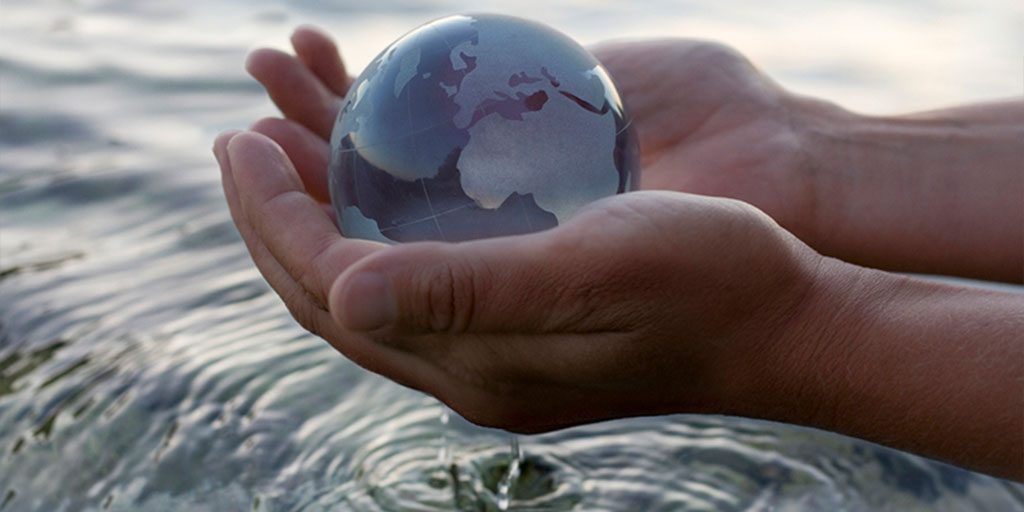- The theme of this year’s World Water Day is “Nature for Water”, focusing on nature-based solutions to the water challenges in the 21st century.
- More than 2 billion people lack access to safe drinking water and more than double that number lack access to safe sanitation
As more than 2 billion people lack access to safe drinking water and more than double that number lack access to safe sanitation, the international community is drawing attention to nature-based solutions for the water challenges of the 21st century on this World Water Day.
The theme of this year’s commemoration highlights the unique and fundamental role that nature-based solutions play in regulating the water cycle, keeping freshwater clean and improving the water security of our water cycles.
With the global population continuing to grow rapidly, demand for water is expected to increase by nearly one-third by 2050, while our freshwater ecosystems are degrading at an alarming rate – 64-71% of the natural wetland area worldwide has been lost due to human activity in the last century. Furthermore, water pollution has worsened in almost all rivers in Africa, Asia and Latin America since the 1990’s
“We need to deal with the water paradox,” said Erik Solheim, head of UN Environment, calling attention to the need to work together towards a solution for our water challenge. “Water is the essence of life, but we don’t save it enough. It’s time to change mindsets, it’s not about development versus the environment.”
The 2018 edition of the UN World Water Development Report outlines a range of nature-based solutions for water management, from personal measure that can be applied in the home, to examples of “green” infrastructure that can be applied to rural and urban landscapes – such as planting new forests, restoring wetlands, and constructing green walls and roof gardens.
The report further clarifies that despite recent advances in the application of green infrastructure, a holistic approach to water management is to identify the most appropriate, cost-effective and sustainable balance between grey infrastructure and nature-based solutions.
“Today, more than ever, we must work with nature, instead of against it,” said Audrey Azoulay, Director-General of UNESCO in the foreword of the report. “Demand for water is set to increase in all sectors. The challenge we must all face is meeting this demand in a way that does not exacerbate negative impacts on ecosystems.”
World Water Day is celebrated every year on March 22nd. This year, the commemoration coincides with the World Water Forum, held in Brasilia, Brazil. The Forum is the world’s biggest water-related event, organized by the World Water Council. The Forum brings together water experts from around the world to collaborate on making long-term progress on global water challenges. http://www.worldwaterforum8.org/
NOTES TO EDITORS
About World Water Day
World Water Day is observed annually on 22 March, to highlight the importance of freshwater and the threats and challenges around preserving freshwater sources. Around the world, World Water Day is celebrated at national, regional or local levels. The theme for the 2018 commemoration of World Water Day is “Nature for Water”, a call for individuals, governments and academia to explore nature-based solutions for the water challenges of the 21st century.
http://www.un.org/en/events/waterday/
For more information, please contact:
Shari Nijman, News and Media Unit, UN Environment, nijman@un.org








